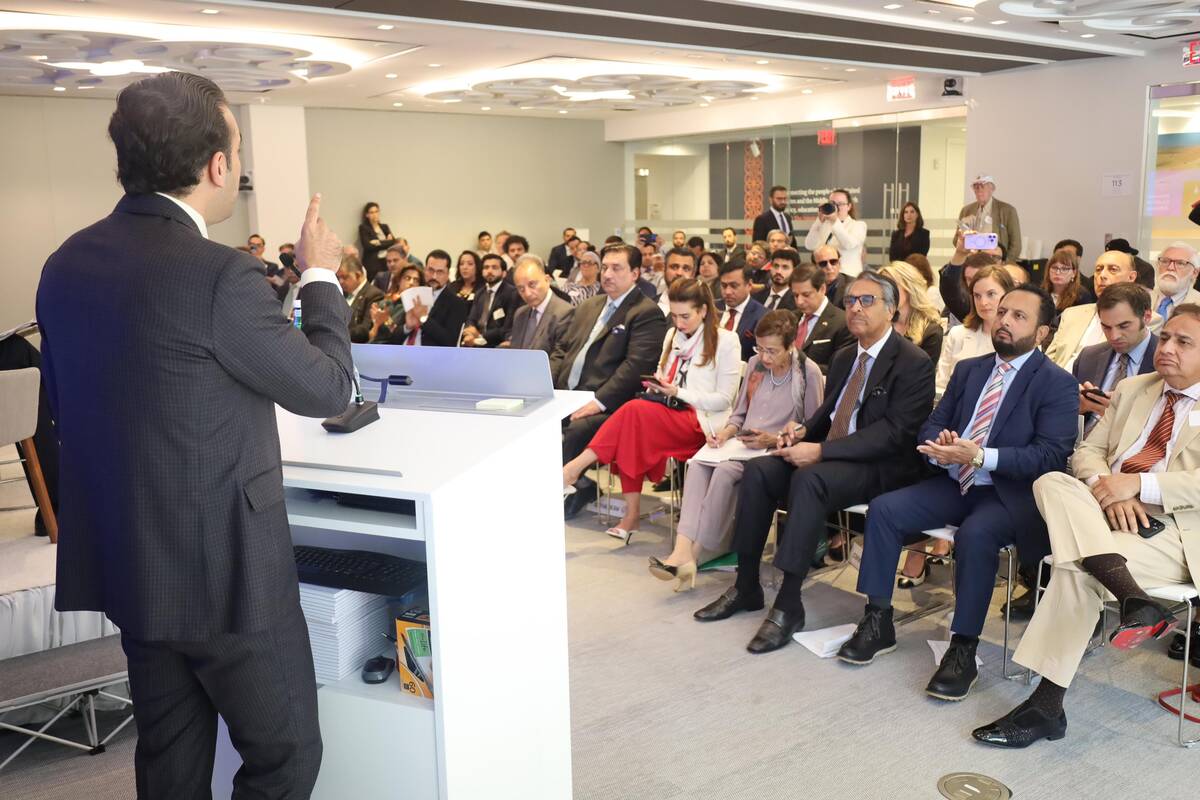KARACHI: Pakistan’s northwestern Khyber Pakhtunkhwa (KP) province has become an “epicenter of violence,” according to a new report released this week, with security experts warning that militants could likely challenge the writ of the state in parts of the province as the federal government lacks the public and political support to launch military operations.
Released by the Islamabad-based Center for Research and Security Studies (CRSS), the report titled, “Overview of Pakistan’s Security Landscape in Q2 2024,” says Pakistan reported 380 deaths and 220 injuries among civilians, security personnel, and outlaws in the second quarter of this year, which took place due to 240 incidents of terror attacks and counter-terror operations.
The Khyber Pakhtunkhwa province saw the highest number of deaths, 67 percent, followed by Balochistan, 25 percent, between April to June 2024, the report added, while the remaining regions of the country were “relatively peaceful.”
“This aligns with reports of widespread insecurity across the province and a significant influx of TTP fighters from Afghanistan into Pakistan. At this rate, the control of the Pakistani state in various parts of the province is likely to be challenged,” Dr. Asfandyar Mir, a senior expert at the US Institute of Peace, said about the report’s findings of increasing militant violence in KP.
Islamabad has blamed the recent surge in militant attacks on neighboring Afghanistan, which it says allows Pakistani Taliban militants to hold camps and train insurgents to launch attacks inside Pakistan, which Kabul denies.
Despite Afghanistan’s denial, the TTP’s presence in Afghanistan was documented by the UN and the rest of the world, Mir said.
Pakistani forces were able to effectively dismantle the TTP and kill most of its top leadership in a string of military operations from 2014 onwards in the tribal areas, driving most of the fighters into neighboring Afghanistan, where Islamabad says they have regrouped. Kabul denies this.
The spike in attacks pushed the federal government to announce last week that it would launch a new counter-terrorism operation, Azm-e-Istehkam, but the campaign has so far been opposed by opposition parties.
Ihsanullah Tipu Mehsud, who runs the online security publication, The Khorasan Diary, said the announcement of Azm-e-Isthekhan itself indicated the “severity” of the worsening security situation in Khyber Pakhtunkhwa.
“Over the years, militants have regrouped, and launched a spate of attacks routinely, returning the situation to the pre-2014 era,” Mehsud told Arab News, referring to the year when Pakistan launched the full-scale Zarb-e-Azb military offensive against militants in the regions bordering Afghanistan.
“Locals in Khyber Pakhtunkhwa, especially those from the former FATA region, are once again trapped in a showdown between Pakistani Taliban factions and the government,” Mehsud said. “Ironically, this time the government lacks political and public support for a fresh military offensive, posing a significant challenge to effectively carrying out counter terrorism operations against militants.”
And while militant factions, both the Pakistani Taliban and Baloch separatists, had increased their revenue in recent years through “border trade, extortion, and Iranian oil smuggling,” in contrast the government faced increasing “financial difficulties.”
Pakistani leaders were also in a “difficult position” due to the Afghan Taliban, Mir said, who kept insisting the government negotiate with the TTP for a ceasefire.
“They are also not limiting TTP’s violence, which makes them complicit in the TTP’s actions,” Mir added. “On the other hand, the domestic opposition to the recently announced operation will not help.
“Pakistani leadership must be clear-eyed, and it will take time before they find a manageable equilibrium for this complex challenge.”




















